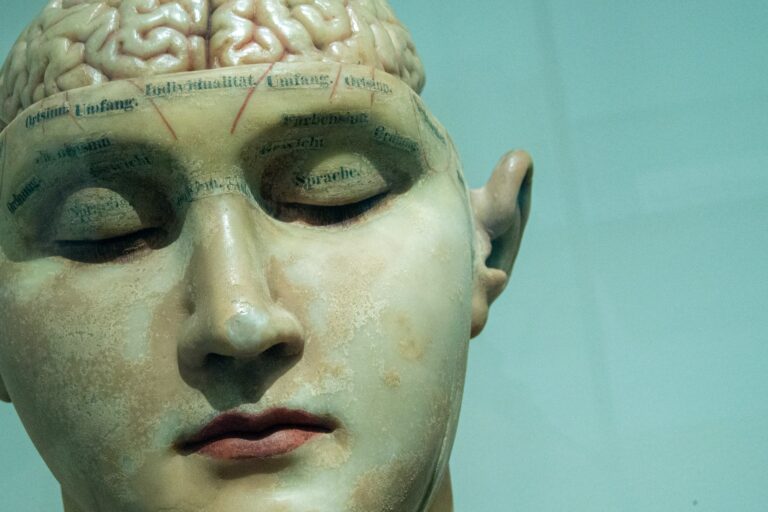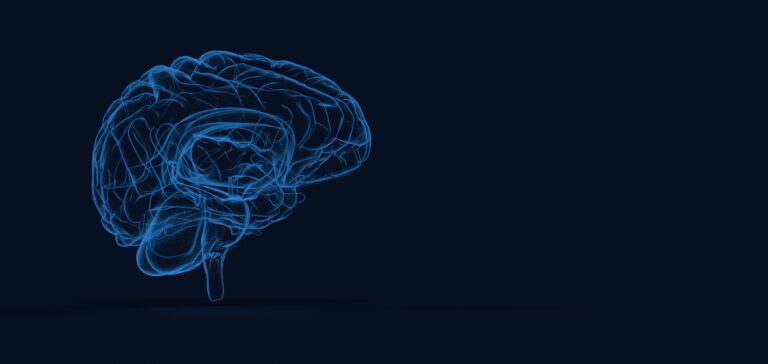When deciding whether to eat more protein or carbohydrates for muscle gain, the answer is nuanced: **both macronutrients play essential but different roles, and total calorie intake combined with resistance training is the primary driver of muscle growth**. Protein is crucial for muscle repair and synthesis, while carbohydrates provide the energy needed to fuel workouts and recovery. Prioritizing one over the other without considering overall calories and training intensity can limit muscle gains.
**Protein’s Role in Muscle Gain**
Protein provides amino acids, the building blocks of muscle tissue. After resistance training, muscle protein synthesis (MPS) is stimulated, and consuming protein increases the availability of essential amino acids in the bloodstream, which directly supports muscle repair and growth. Studies show that consuming lean, high-quality protein sources post-exercise enhances MPS more effectively than carbohydrate-only intake or high-fat protein sources. For example, a study comparing lean pork, high-fat pork, and carbohydrate drinks found that lean pork led to the greatest increase in amino acid levels and muscle protein synthesis after weight training, while high-fat pork did not provide additional benefits beyond carbohydrates alone[1][2].
However, the amount of protein needed to maximize muscle growth is often overestimated. Research indicates that consuming protein beyond a certain threshold does not further increase muscle gains if calorie intake is adequate. Excess protein calories do not necessarily translate into more muscle and can be stored as fat if total calorie intake exceeds expenditure[6].
**Carbohydrates’ Role in Muscle Gain**
Carbohydrates are the body’s preferred energy source during high-intensity exercise, such as weight training. They replenish glycogen stores in muscles, which are depleted during workouts, and help maintain training intensity and volume. Without sufficient carbohydrates, energy levels may drop, reducing workout performance and the stimulus for muscle growth.
While carbohydrates do not directly stimulate muscle protein synthesis like amino acids do, they support muscle gain indirectly by providing energy and promoting insulin release, which has anabolic effects and helps shuttle amino acids into muscle cells[7]. Studies have shown that adding extra calories from carbohydrates can produce similar muscle gains as adding extra protein, suggesting that total calorie intake is a critical factor[3][4].
**Calories Matter Most**
Muscle gain fundamentally requires a calorie surplus—consuming more calories than you burn. Both protein and carbohydrates contribute to this surplus. Research comparing groups consuming extra calories from protein versus carbohydrates found that both groups gained similar amounts of muscle mass when combined with resistance training, indicating that the extra calories, not just protein, drive growth[3][4].
In contrast, during calorie deficits (e.g., fat loss phases), high protein intake helps preserve muscle mass, but if the calorie deficit is too large (around 500-700 calories per day or more), muscle loss is likely regardless of protein intake[4].
**Balancing Protein and Carbohydrates**
– **Protein intake recommendations for muscle gain** typically range from 1.6 to 2.2 grams per kilogram of body weight per day. Consuming protein within this range supports muscle repair and growth without excessive intake[5].
– **Carbohydrate needs vary** depending on training volume and intensity but generally should be sufficient to fuel workouts and replenish glycogen. For many active individuals, this means carbohydrates make up a significant portion of daily calories.
– **Fat intake** should not be neglected, as it supports hormone production and overall health, but excessive fat, especially from processed sources, may not enhance muscle protein synthesis as effectively as lean protein sources[1][2].
**Potential Downsides of Excess Protein**
Overeating protein beyond your needs can lead to fat gain if it contributes to a calorie surplus. Moreover, some evidence suggests that high intake of animal protein, especially from processed or fatty sources, may be linked to increased health risks, whereas plant-based proteins tend to be associated with lower risks[6]. Therefore, the source and quality of protein matter for both muscle gain and long-term health.
**Practical Recommendations**
– Focus on **adequate total calorie intake** to support muscle growth.
– Ensure **sufficient protein intake** (around 1.6–2.2 g/kg/day) from high-quality sources, especially post-workout.
– Consume enough **carbohydrates** to fuel training and recovery, as they support workout performance and muscle glycogen replenishment.
– Avoid excessive protein intake beyond your needs, as it does not necessarily increase muscle gain and may contribute to fat gain.
– Prioritize whole, minimally processed foods for both protein and carbohydrates to maximize nutrient quality and muscle-building potential.
In essence, muscle gain is best supported by a balanced diet that provides enough calories, with adequate protein to repair muscle and sufficient carbohydrates to fuel training, rather than focusing exclusively on eating more protein or carbs alone.
—
[1] University of Illinois study on muscle-building response to different pork patties
[2] Bioengineer.org report on muscle-building effects of high-protein animal foods
[3] Jeremy Ethier YouTube video on protein vs. carbs for muscle gains
[4] BuiltWithScience article on protein intake and muscle building
[5] PMC article on dietary amino acids and muscle composition
[6] ScienceFocus article on overeating protein and fat levels
[7] Eat Thrive Glow article on carbs for muscle growth and recovery





